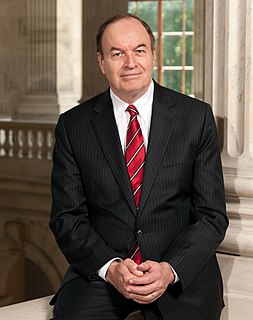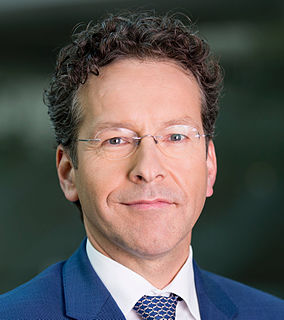A Quote by Paul W. S. Anderson
It's an unwritten rule that when you move to California and you're an English person, you have to drive a convertible, and you have to bank with Wells Fargo because they have a stage coach on their bank card.
Related Quotes
A number of former Wells Fargo employees have described their work environment characterized by intense pressure to meet aggressive and unrealistic sales goals. In a 2010 letter to shareholders, Mr. Stumpf wrote that Wells Fargo's goal was eight products per customer because eight rhymed with great.
What we've done last night is what I call pushing back the risks..If there is a risk in a bank, our first question should be 'Okay, what are you in the bank going to do about that? What can you do to recapitalise yourself? If the bank can't do it, then we'll talk to the shareholders and the bondholders, we'll ask them to contribute in recapitalising the bank, and if necessary the uninsured deposit holders.
I want to work in a bank, definitely. Hopefully, my acting career will go well. But if it doesn't, I go to a bank. If it does, then even at the age of 40, I will still go to a bank, but I have to work in a bank, because I'm really fond of taxation and accounts and investments and all of that. So I will do it. At some point, I will, yes.
As a matter of fact 25% of our U.S. investment banking business comes out of our commercial bank. So it's a competitive advantage for both the investment bank - which gets a huge volume of business - and the commercial bank because the commercial bank can walk into a company and say, "Oh, if you need X, Y and Z in Japan or China, we can do that for you."




































